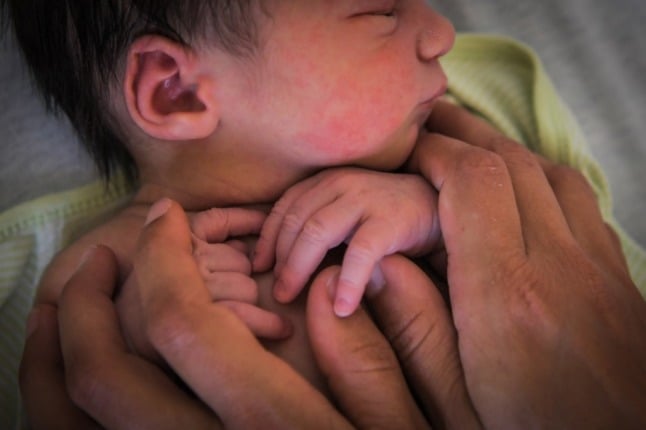The woman had filed her suit on March 5th 2012, charging that Nestlé and its leadership were indirectly responsible for the murder of her husband, Luciano Romero, in September 2005 by paramilitary forces in Valledupar, Colombia.
Romero, a trade unionist who had long worked for Cicolac, a subsidiary of Nestlé in Colombia, had left the company several years before he was killed after his bosses accused him of having ties to the guerrilla fighters in the country.
Several paramilitary members were sentenced for the killing, but one of them testified that the assassination had been ordered and financed by several companies, including Cicolac.
Romero's widow Gladys charged that Nestlé was aware of its Colombian subsidiary's actions and that it did not take the necessary measures to protect her husband.
However, prosecutors in the southwestern Swiss canton of Vaud, where Nestlé is based, said in a statement on Thursday they had determined on May 1st that the statute of limitations had been exceeded and that it was therefore not possible to proceed with the case.
"After examining the case, the prosecution has determined that no criminal prosecution is possible, since the period of prescription for determining any possible instance of negligent manslaughter is passed at this time, due to the time period that has lapsed since the Colombian union worker's death," the
statement said.
Franz Moos, the deputy prosecutor in the canton, told AFP that the statute of limitation for such cases was seven years, and that the period in this case had therefore ended last September.
Vaud prosecutors had thus decided to close the case "without considering the basic issues raised in the accusations brought by the plaintiff against the Nestlé leadership," Moos said.
In Switzerland, negligent manslaughter carries a penalty of up to three years behind bars or a fine.
Nestlé chairman and former chief executive Peter Brabeck-Letmathe, who was one of four Nestlé executives mentioned by name in the lawsuit, has previously denied that his company bore any responsibility for Romero's death.
In a letter sent last year to the Colombian union supporting Romero's widow's case, he described the accusations against the company as "terrible and false."
The plaintiff now has the option of appealing the decision to drop her case to the Vaud appeals court, and, if she is still not satisfied, of taking the case before Switzerland's highest court, which would have the final say in the matter.
LAWSUIT
Time runs out for Nestlé ‘murder’ lawsuit
Swiss prosecutors have closed a lawsuit by a Colombian woman accusing Swiss food giant Nestlé of indirect responsibility for the murder of her union-worker husband because it happened too long ago.
Published: 2 May 2013 20:02 CEST

Photo: AFP
Url copied to clipboard!


 Please whitelist us to continue reading.
Please whitelist us to continue reading.
Member comments